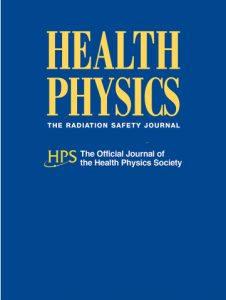A week ago a dentist took two sets of panoramic x rays. I have been very worried and have had a headache ever since. Am I in danger and have I received a huge amount of radiation?
I am hopeful that I can assure you that the amount of radiation you received is very minimal. The Radiological Society of North America (RNSA) operates a website that is endorsed by the US Food and Drug Administration and the American College of Radiology. Among other information, the site contains a section that compares the radiation dose from common radiographic examinations, including dental panoramic radiographs. An average radiation dose for a dental panoramic is 0.025 milliSievert (mSv). At the site, you will also see that these radiographic examinations use a dose comparison with the amount of radiation the average person receives in a day, known as daily background radiation dose. The average daily background equivalent for a dental panoramic is three days. Two panoramics equals six days. If you are able to compare the panoramics to other radiographic examinations on the website, you will see that some of the radiographic examinations provide daily background doses measured in weeks, months, or even years.
I hope that after reading this response and reviewing the website, you will feel comfortable that the amount of radiation you received was very minimal.
Jeffery B. Price, DDS, MS
Clinical Professor and Director of Oral Radiology
Answer posted on 18 October 2021. The information posted on this web page is intended as general reference information only. Specific facts and circumstances may affect the applicability of concepts, materials, and information described herein. The information provided is not a substitute for professional advice and should not be relied upon in the absence of such professional advice. To the best of our knowledge, answers are correct at the time they are posted. Be advised that over time, requirements could change, new data could be made available, and Internet links could change, affecting the correctness of the answers. Answers are the professional opinions of the expert responding to each question; they do not necessarily represent the position of the Health Physics Society.






